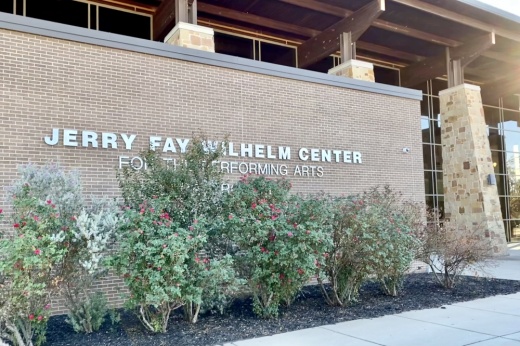The Bastrop ISD board of trustees approved an overall $173.12 million budget for Fiscal Year 2024-25 and will not face a deficit after making $7.6 million in adjustments.
Breaking it down
The budget consists of the following:
- The general fund—daily operations such as salaries and equipment—at $130.93 million
- The child nutrition fund—the district’s meal program—at a $8.22 million
- The debt service fund—the district’s bond payments and other debts—at $33.96 million
- About $75.64 million toward instruction
- About $11.56 million toward plant maintenance and operations
- About $8.19 million toward student transportation
- About $4.95 million toward guidance and counseling
- An enrollment of 13,497 students, a 3.4% increase from the previous fiscal year
- A property value growth of about 9.5%
- An average daily attendance rate of about 88%
- A proposed tax rate of $1.0679 per $100 valuation, a slight decrease from last year
While drafting the budget, district officials asked departments to reduce budgets by 15%. Several departments or areas of the district will also face a reduction in funding, including:
- The Multi-Tiered Systems of Support, framework to help students who are struggling academically or emotionally
- Software
- Supplies, equipment and travel
Put in perspective
BISD was not alone in making budget cuts for FY 2024-25. About 43% of school districts in Texas anticipate budget cuts this upcoming fiscal year, according to a survey conducted by the Texas Association of School Business Officials.
Neighboring districts such as Austin and Dripping Springs ISDs are facing shortfalls in the millions. Statewide impacts on public education funding straining district budgets include:
- House Bill 3, passed during the 88th legislative session, requires the placement of one armed security officer at every campus, incurring more costs for districts.
- Expiration of ESSER funds.
- A loss in promised Medicaid reimbursements for special education students through the state's School Health and Related Services program due to a federal audit.
- The basic student allotment—the amount school districts receive from the state based on student enrollment and attendance—has not increased since 2019 despite inflation.
A proposed tax rate of $1.0679 per $100 valuation will be voted on during a board meeting in September, a slight decrease from the previous rate of $1.0702 per $100 valuation.
For more information, visit www.bisdtx.org.





